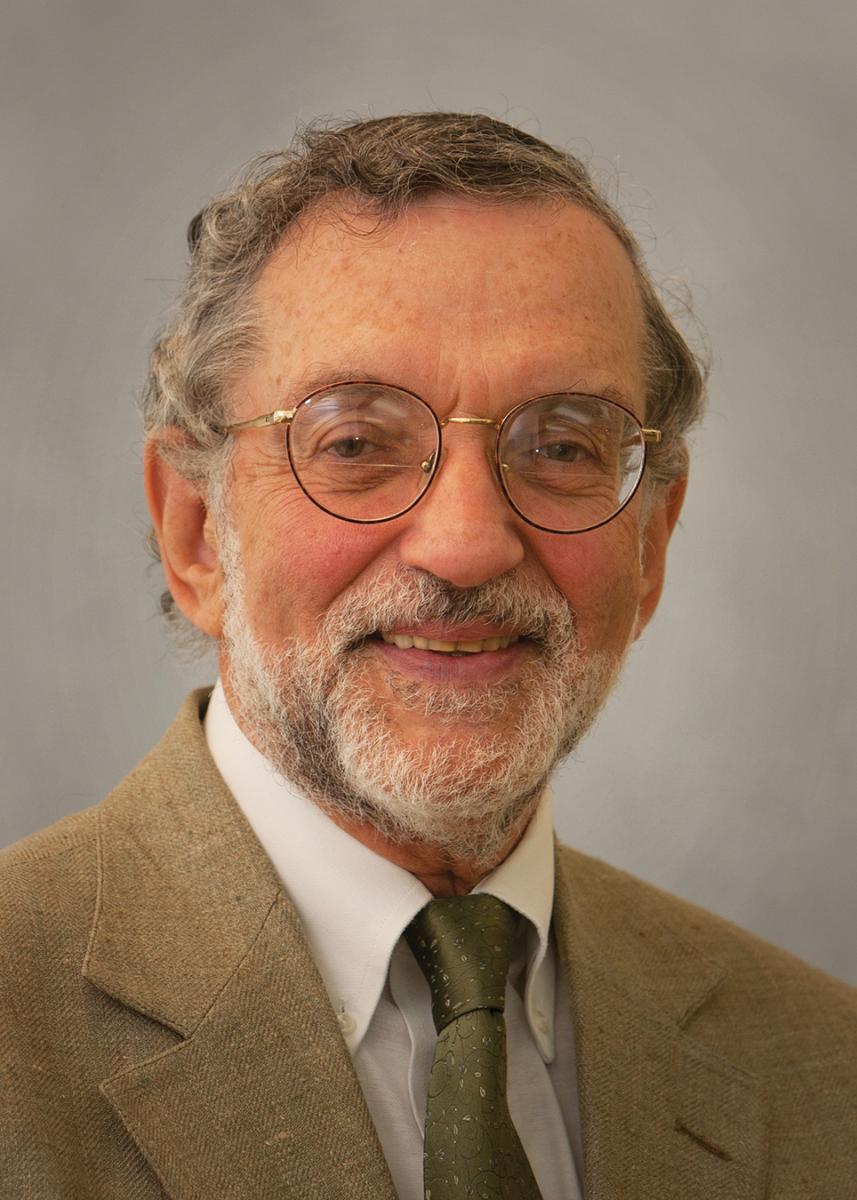Ambassador Kenneth Yalowitz to Direct Conflict Resolution Program
 March 20, 2015—The Georgetown University Department of Government is pleased to announce that Ambassador Kenneth Yalowitz will become director of the Conflict Resolution Program starting in the summer of 2015.
March 20, 2015—The Georgetown University Department of Government is pleased to announce that Ambassador Kenneth Yalowitz will become director of the Conflict Resolution Program starting in the summer of 2015.
Yalowitz served 36 years as a career diplomat with the U.S. Department of State and twice as a U.S. ambassador: to the Republic of Belarus from 1994 to 1997 and to Georgia from 1998 to 2001. He has won awards for conflict prevention and diplomatic performance. In 1984, he received a superior honor award for crisis management in the shootdown of KAL-007. He received the Ambassador Robert Frasure award for peacemaking and conflict prevention in 2000 for his work to prevent the spillover of the Chechen war into Georgia.
Over the course of his career, Yalowitz has developed a strong interest in the role of global health, anti-corruption, diplomacy, and civil society and the rule of law in conflict prevention. His focus is on multidisciplinary approaches linking theory and practice in conflict resolution in both domestic and international settings.
Yalowitz was the director of the John Sloan Dickey Center for International Understanding at Dartmouth College for nine years, ending in 2012. He is currently a global fellow at the Woodrow Wilson Center and an adjunct professor of government at Georgetown teaching on Security Issues in the South Caucasus—Diplomacy in Practice.
Ambassador Yalowitz completed his undergraduate work at the University of Wisconsin and holds an MA and Russian Institute Certificate from Columbia University. He also speaks Russian.
The Conflict Resolution Program is very thankful to Craig Zelizer who is serving as interim director for the 2014–15 academic year. Dr. Zelizer will continue with the program as associate director in 2015–16.
Related Information
The Conflict Resolution Program is a two-year multidisciplinary Master of Arts program in conflict resolution. The program places a strong emphasis on conflict mainstreaming, which trains students to apply conflict resolution skills and analysis across diverse sectors in both domestic and international settings ranging from humanitarian relief, development, and corporate social responsibility to youth development, gender, and the health sector. Students graduating from the program have established successful careers in government and nongovernmental organizations, the nonprofit sector, and private-sector businesses.